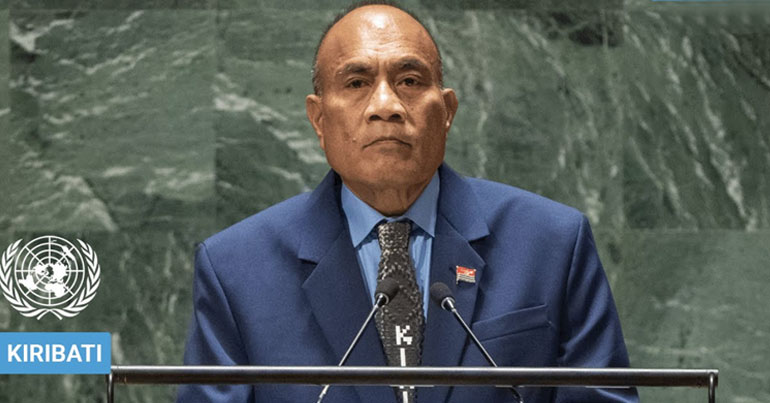The implementation of these recommendations has empowered Kiribati to better manage its labor export challenges. By establishing a clear legal and regulatory framework, the country has strengthened its ability to meet the demands of international employers while safeguarding the rights and well-being of its workers. Integrating the private sector into the recruitment process has allowed for increased participation without compromising quality. As a result, Kiribati is now better positioned to expand its labour export markets, including potential new destinations such as Canada and the United States.
— Kiribati —
migration. opportunity. protection.






Strengthening Labor Export from Kiribati: A Strategic Approach to Overcoming Migration Challenges.
"A well-regulated labour export system not only enhances economic resilience but also fosters positive international relations by maintaining quality and ethical recruitment standards." – International Labour Organization (ILO)
Challenge
Kiribati, a remote Pacific island nation, faces significant challenges in managing labour migration. With limited local employment opportunities, labour export has become a vital economic lifeline. However, the country's existing legal framework is outdated and lacks comprehensive regulation, particularly concerning seasonal labour migration to New Zealand and Australia under the Recognised Seasonal Employer (RSE) scheme and the Pacific Seasonal Worker Pilot Scheme (PSWPS). The absence of standardized recruitment practices, informal recruitment by returning workers, and inadequate regulatory oversight pose risks to both the quality and quantity of Kiribati’s labour export. To address these issues, the World Bank funded a strategic project led by our senior international labor law expert, to analyze the labour migration framework and propose targeted solutions.
Strategy
GG International labor law expert, Shaan Stevens, supported by labor policy expert, Matte Birchler, in collaboration with the Ministry of Labour and Human Resource Development (MLHRD), conducted a thorough analysis of the current labour export system. Key recommendations include:
- Developing a Robust Regulatory Framework: Introducing clear, simple, and flexible regulations to manage recruitment processes, particularly as the private sector becomes increasingly involved.
- Strengthening Institutional Capacity: Enhancing the Ministry's capacity to transition from a purely operational role to a more policy-focused and regulatory function.
- Quality Assurance and Compliance: Implementing consistent selection criteria and pre-departure briefings to maintain the quality and productivity of the exported workforce.
- Private Sector Integration: Encouraging private recruitment agencies while maintaining oversight to ensure compliance with national labour export standards.
- Mitigating Informal Recruitment Risks: Regulating the activities of returning workers who act as unlicensed recruitment agents to protect the integrity of the labour export system.
- Maintaining Competitive Advantage: Minimizing recruitment costs, reducing administrative barriers, and maintaining high standards of worker selection to compete effectively with neighbouring Pacific nations like Vanuatu.
Transformation
- Migrant workers earned US$ 440 billion in 2011, US$350 billion returned to developing countries.
- Labor migration is an integral part of national development and employment strategies of both sending and receiving nations.
- Labor migration allows high remittance flows, transfer of investment, technology, and critical skills.